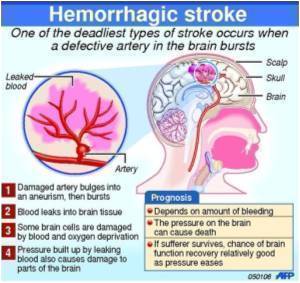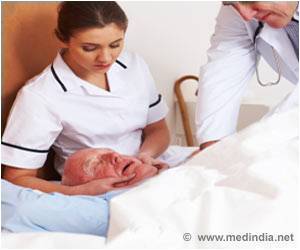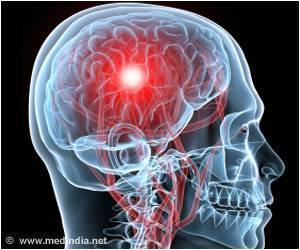New research focused on Maori and Pacific populations indicates a cheap and simple intervention by placing the patient and families in charge could make a difference to their quality of life.

According to theory, when someone takes charge of their own recovery from an illness or in managing a disability, their perceived quality of life improves. Yet few community rehabilitation interventions have proven effective for those who have suffered a stroke. Most are therapy-led, or involve support workers. However, a third approach in community intervention involves handing back responsibility to the patient, and promoting their self-confidence. This is the approach used in the New Zealand intervention, known as self-directed rehabilitation.
According to the authors of this report, stroke patients of Maori and Pacific ethnicity have some of the worst outcomes, despite similar levels of activity and independence to New Zealanders of European heritage on leaving hospital. So these two groups were targeted in this study. However, the authors say that emphasis on self-directed rehabilitation has the potential to improve outcomes for stroke patients from any culture.
The patients were randomised to receive one, both, or neither of the interventions. The inspirational DVD, which subjects could watch as many times as they wanted, was about stroke and stroke recovery. It featured stories told by four Maori and Pacific people and their families. The dominant messages were the potential for positive outcomes, overcoming adversity, personal and family roles and their contribution to recovery, encouraging meaningful activity and participation for the person with stroke, and where to access resources.
The Take Charge session was an 80 minute individualised assessment with a structured risk factor and activities of daily living assessment. Designed to engage the patient and their family in the recovery process, it helped them to identify for themselves areas where they could make progress and set personal goals. This differs from what a stroke liaison worker or stroke family support worker might do, because the research assistant delivering this intervention just went through a checklist, listened and facilitated the process where the person and their family reviewed opportunities for taking charge. The results suggest that these types of intervention merit consideration for use in other populations.
"Many current interventions could be further developed to maximize opportunities for stroke people of any ethnicity to take charge," said one of the study's authors, Dr Harry McNaughton. "This may require some rethinking of goal-setting strategies and avoiding the temptation for clinicians to lead this process, and also being much more open to ideas from the person and their family."
Advertisement
Source-Eurekalert















